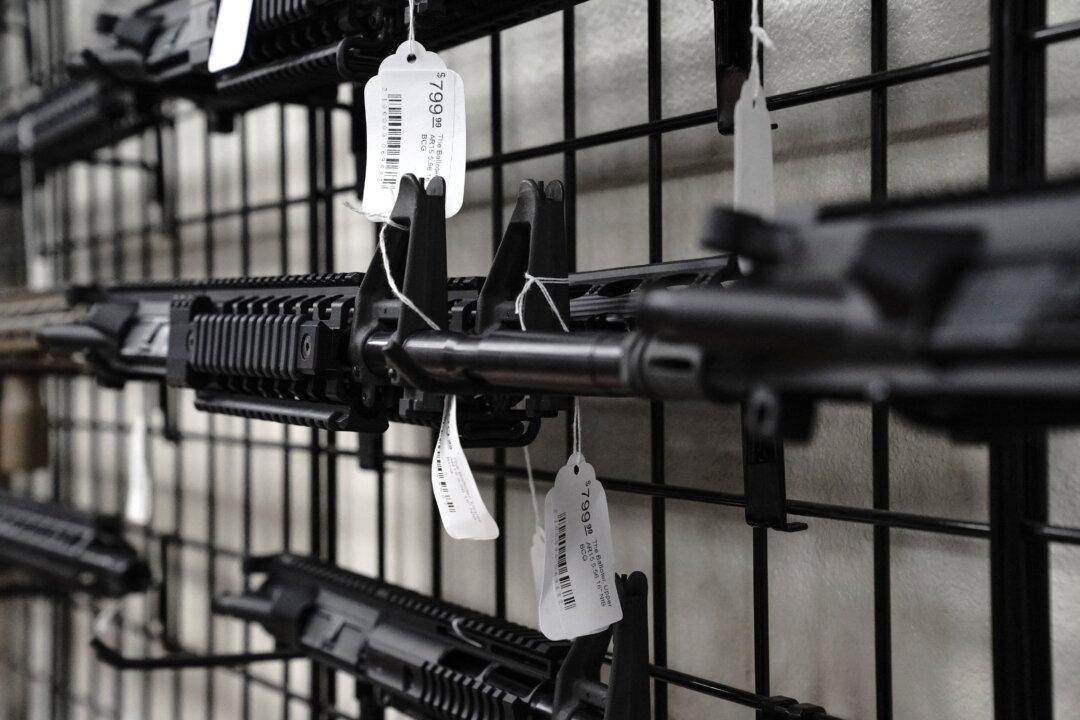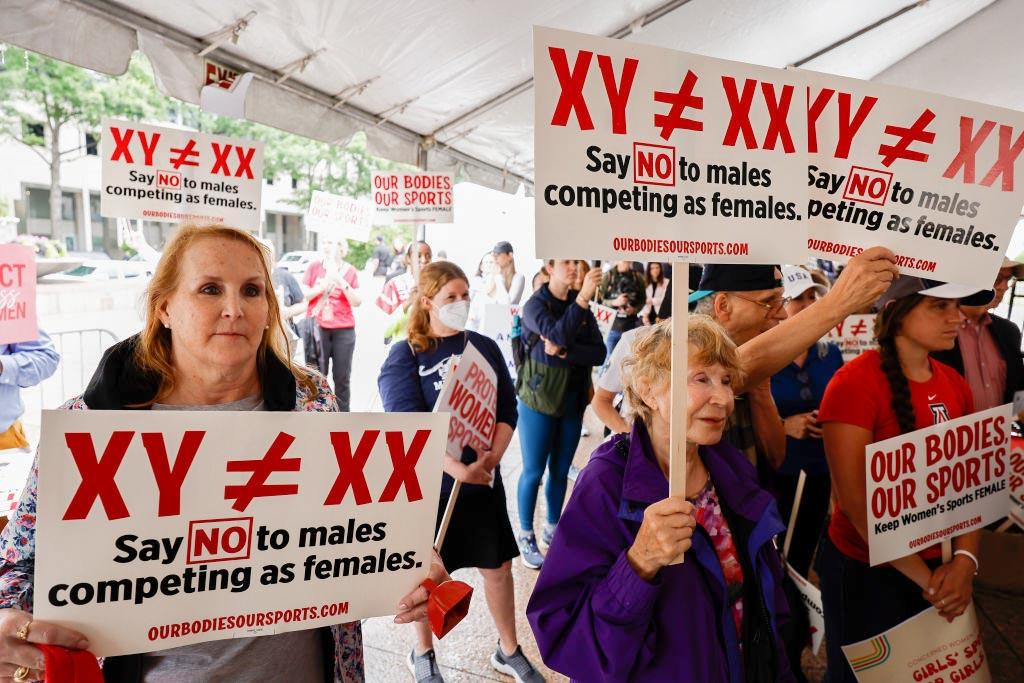With less than a week before Oregon enacts the most restrictive gun measure in the nation, a second legal challenge has been filed in federal court. Meanwhile, firearm sales continue to set records in the state.
Passed with just 50.7 percent of the vote, Ballot Measure 114 requires Oregonians to undergo a background check and take a class, which does not yet exist, to obtain a firearm permit. It also bans magazines that hold more than 10 rounds.





